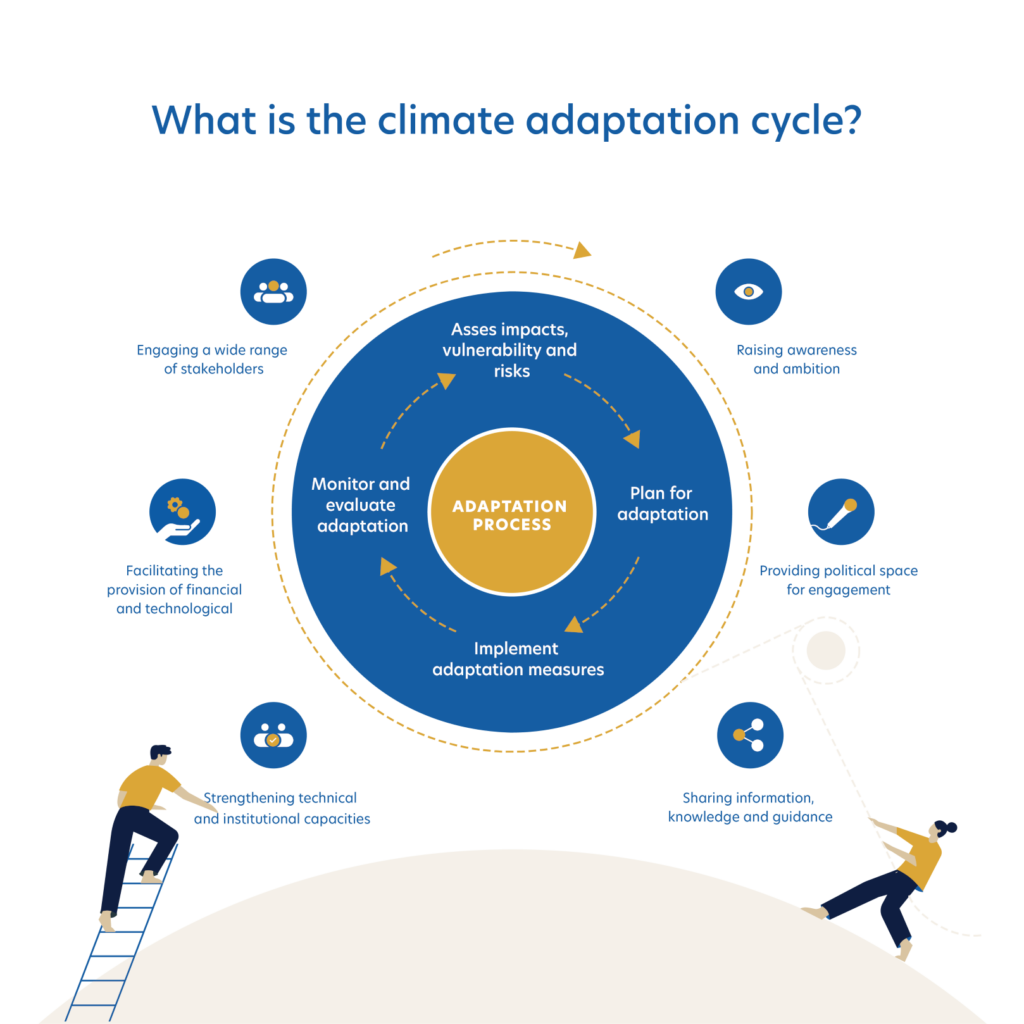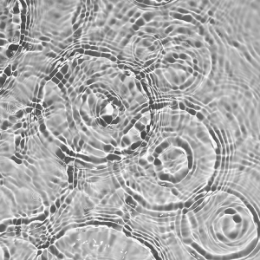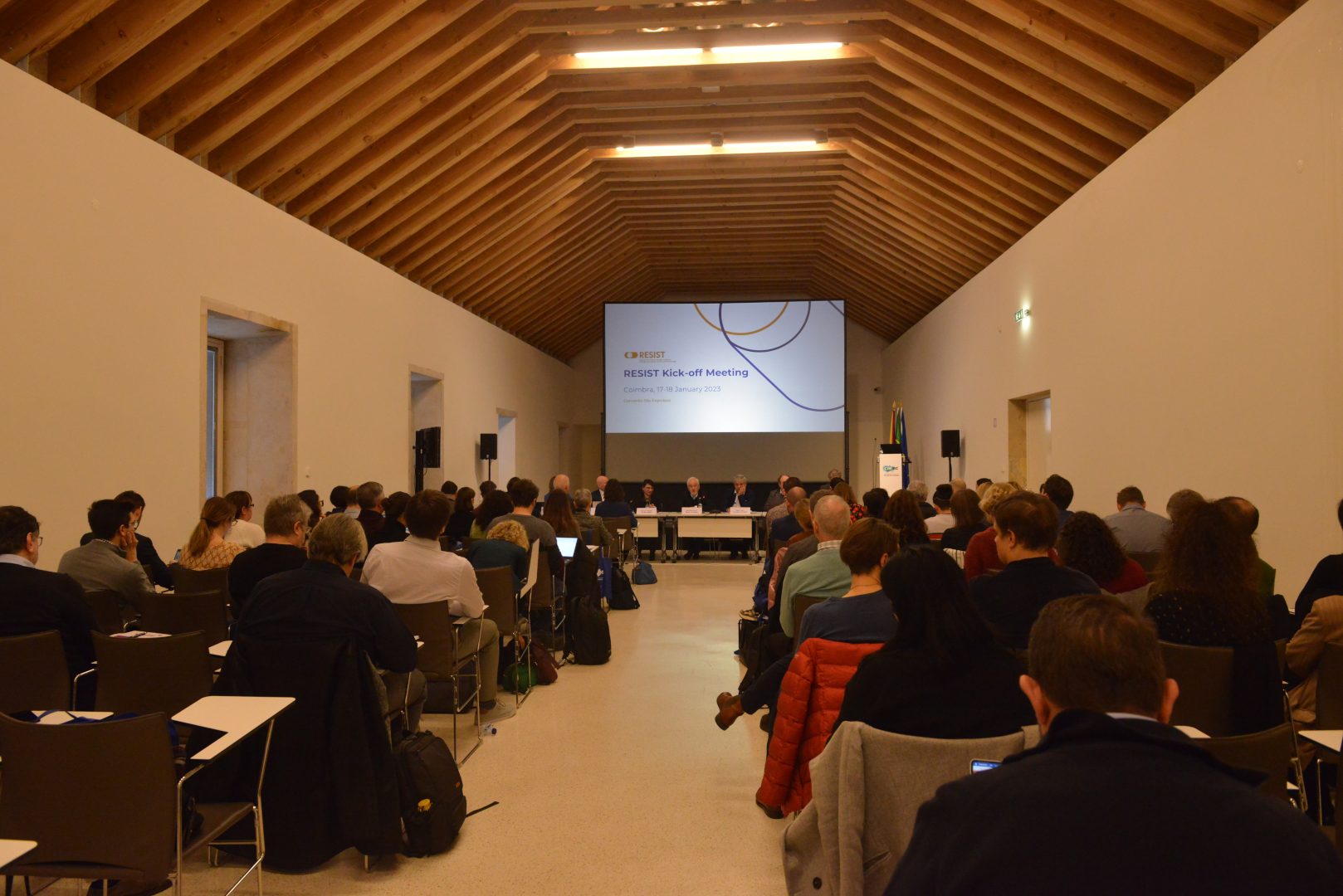Within the framework of the EU-funded project RESIST, four regions including Southwest Finland, Central Denmark, Catalonia and Central Portugal, will test adaptation solutions to five key climate challenges: floods, droughts, heatwaves, wildfires, and soil erosion.
Barcelona, 5 January – Citizens and local authorities are facing first-hand the impacts of climate change. Global initiatives such as the loss and damage fund, established at COP27, highlight the need to move towards effective resilience and adaptation measures whilst keeping local communities at the centre. The European Commission (EC) is supporting this shift – in accordance with the EU Mission: Adaptation to Climate Change – by funding large-scale research and innovation projects such as RESIST. The project has a total budget of 26.6 million € and involves 56 committed partners from the EU, Norway and Ukraine.
“RESIST is built on the real challenges and needs of 12 climate vulnerable regions in Europe”, explains Vilija Balionyte-Merle – Senior Business Developer at SINTEF and Project Coordinator–. The RESIST Project is a five-year EU-funded project coordinated by SINTEF in collaboration with INOVA+, which will support twelve regions across the EU in their efforts to build resilience against the impacts of climate change. Southwest Finland, Central Denmark, Catalonia and Central Portugal will be the frontrunner regions testing adaptation solutions to key climate related challenges in their area.
Each of these four regions will be twinned with two other regions (one low-income and one high-income) with similar biophysical characteristics. Southwest Finland will work with Normandy (France) and Eastern Macedonia and Thrace (Greece); Central Denmark with Blekinge (Sweden) and Zemgale (Latvia); Catalonia with Puglia (Italy) and Baixo Alentejo (Portugal), and Central Portugal with Vesteralen (Norway) and Extremadura (Spain).
Climate change is affecting these regions in different ways. Whilst the Northern European regions are facing water-related challenges such as floods and rising sea levels, the two Southern European regions on the other hand, are experiencing multi-hazard realities including floods, droughts, heatwaves, wildfires and soil erosion. Despite their set of challenges being different however, all regions will work together to test and finetune adaptation measures with the hope that “mutual learning and collaboration activities will help them to become better in adapting to climate change”, as was reiterated by Eurico Neves – Chairman at INOVA+.
The pilot sites will lead the way to a successful transition to adaptation and will strengthen the cooperation with academia, private & public partners, and citizens. RESIST will support the development of governance structures and scale-up of participatory approaches, such as co-creation methods and practices in both rural and urban areas, which are needed to ensure a successful transition.
“Climate Resilient Development involves everyone”, as stated in the IPCC Sixth Assessment Report. Against this backdrop, RESIST will bring together representatives from civil society organizations, the private sector, the policy sphere, municipalities, and the scientific community through a quintuple helix model approach. The aim of this cross-sectoral collaboration is to identify, develop, and validate region-specific solutions that will effectively contribute to the future resilience of European regions and cities.
Using digital twin technology to share project results
Know-how and solution pathways will be transferred from the four demonstrator regions to the eight twinned regions through mutual-learning activities and innovative immersive digital twins. The novel digital twin technology will allow RESIST to run multiple simulations and predict the impact of proposed solutions at the same time. This technology creates a virtual environment with real-time data which will facilitate informed decision-making by the regional authorities in Europe.
Strong collaboration between all regions and stakeholders is at the core of RESIST’s methodology, which foresees adequate structures for mutual learning, exchange of experiences and transfer of know-how from more to less experienced regions. “The Graphical Digital Twin technologies contain enormous possibilities and potential in giving additional information and helping the regional authorities to take informed and better decisions”, highlights Vilija Balionyte-Merle.
On top of this, the project will also seek to promote further transfer of knowledge and innovative solutions through a sustainable market-oriented approach, so that these can be more widely exploited. “Within RESIST, the adaptations to climate change will be driven by regions, civil society, businesses and local research and entrepreneurial communities, always addressing regions-specific needs and challenges”, explains Catarina Azevedo – RESIST Operational Coordinator.
What the regions say: challenges on the ground
Each of the regions involved in the project faces different climate-related challenges, some of which will be addressed through the RESIST Project. Both Southwest Finland and Central Denmark regions will work on adaptation to water-related challenges, since they are dealing with increasing floods and soil erosion.
“There is an urgent need to increase the water retention capacity of both rural and urban areas”, stresses Katariina Yli-Heikkilä – Environmental Specialist at Valonia/Regional Council of Southwest Finland. She highlights that in their region “extreme weather events such as floods, storms and heatwaves will have costly impacts on municipalities’ basic services to citizens and infrastructure”. These extreme climate events will also have an impact on the income of farmers and forest owners, putting pressure on food security.
The Central Denmark region on the other hand “can be considered a microcosmos for adaptation initiatives with most water challenges represented”, as Anna Bonven – Academic project staff at Regional Development – Central Denmark Region – highlights. The region is affected by rising sea levels as well as more recurrent periods of drought and heatwaves. That phenomenon has increased soil erosion and is being aggravated by the lack of coordinated national legislation and strategy “which results in a fragmented response among municipalities and citizens”, explains Bonven.
Both Northern European regions agree that being part of the RESIST Project will support their regions in moving towards effective adaptation measures. “RESIST will remove bottlenecks that have been hindering the large-scale uptake of nature-based water retention solutions, that are essential for adapting to climate change in Southwest Finland”, underlines Yli-Heikkilä.
The Southern European project regions will be working with similar challenges however in territories with different biophysical characteristics. Catalonia – a region in the North East of Spain – aims to develop and test disaster management solutions in two municipalities in the province of Barcelona: Blanes and Terrassa. The region faces multiple climate change related challenges: floods, droughts, heatwaves and wildfires.
The Central Portugal region faces similar challenges, in particular droughts, heatwaves, wildfires and soil erosion. “Climate-related hazards and extreme events have induced clear negative direct impact on citizens, as they represent a clear threat to citizens’ safety and well-being and in extreme situations, even the loss of lives”, highlighted Carlos Silveira – Central Region Co-ordination and Development Commission (CCDRC). The Portuguese region will focus on testing novel solutions for promoting better land use, forest management and the bio-circularity of green bio-waste in the municipalities of Coimbra and Médio Tejo.
Improving climate change resilience
“Withstanding hazardous events caused by climate change is going to be more and more difficult in the future”, says Vilija Balionyte-Merle – RESIST Project Coordinator –. Vilija’s statement is in line with what the EC underlines in the EU Mission: Adaptation to Climate Change. “We need to be better prepared to cope with the inevitable effects of climate change, adapting our way of living. We must step up action both to cut emissions and to build our resilience”, explains the Commission in the justification of the mission.

Media contacts
RESIST Coordinator
Vilija Balionyte-Merle
Project Coordinator | SINTEF
vilija.balionyte-merle@sintef.no
RESIST Operational Coordinator
Catarina Azevedo | INOVA+
catarina.azevedo@inova.business
RESIST Communication Contact
Patricia Carbonell
Project Manager | REVOLVE
patricia@revolve.media












